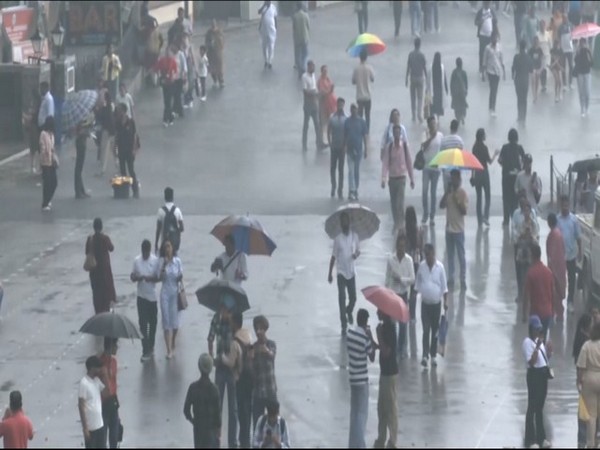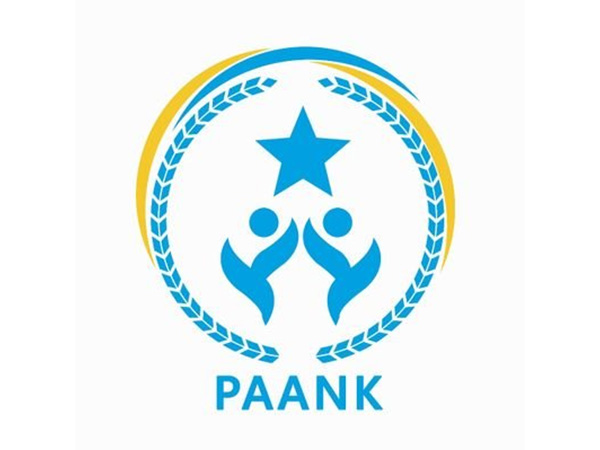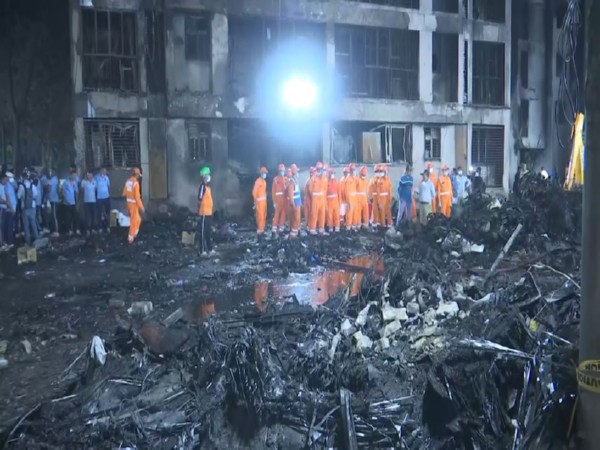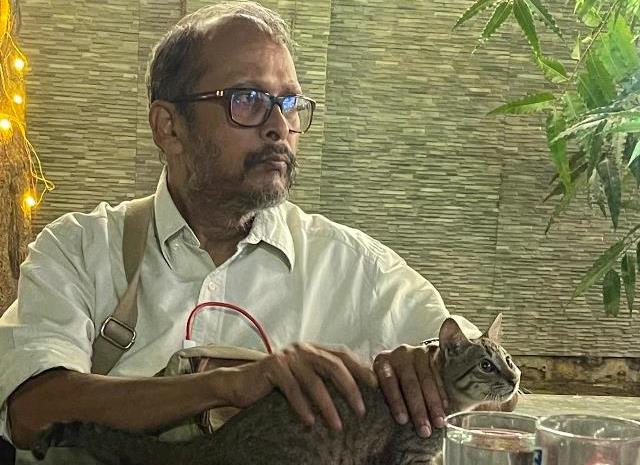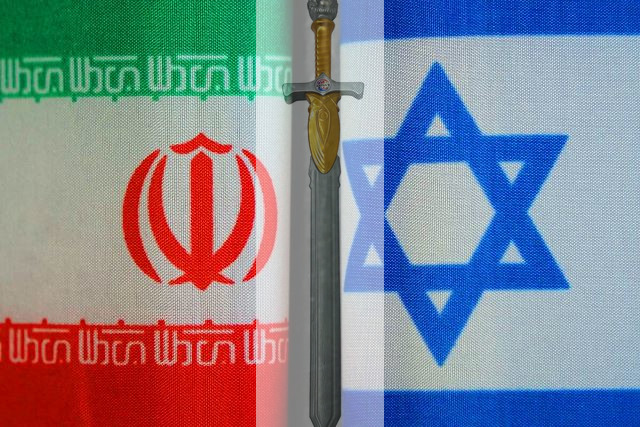Israel’s June 13 airstrikes on Iranian soil have sharply escalated the long-running confrontation between the two arch-rivals. Codenamed Operation Rising Lion, the operation involved dozens of Israeli fighter jets targeting Iran’s nuclear infrastructure, missile factories, and top military personnel. Explosions were reported in Tehran and at the Natanz uranium enrichment facility.
“We are at a decisive moment in Israel’s history,” Israeli Prime Minister Benjamin Netanyahu said in a recorded video message. Israel’s Defence Minister, Israel Katz, announced a ‘special situation’ as some military officials there confirmed attacks on Iranian nuclear sites.
According to Israel’s Channel 12, Iran’s Armed Forces Chief of Staff Mohammad Bagheri and several senior nuclear scientists may have been killed, though Iran has not officially confirmed the casualties.
What Triggered the Attacks?
The strike followed months of rising tensions. Israeli officials cited intelligence that Iran had amassed enough enriched uranium to produce multiple nuclear weapons. A senior Israeli military official told Reuters that Iran could make up to 15 bombs within days. Israeli leadership framed the operation as a necessary step to counter an existential threat amid stalled diplomacy.
Tehran denies seeking a nuclear weapon, but it stresses that it has a right to domestically enrich uranium – a process of altering the uranium atom to produce nuclear fuel. Earlier this week, Iran said it obtained a trove of secret documents on Israel’s own undeclared nuclear arsenal.
The immediate context includes not just military build-up but also failed diplomacy: US-Iran nuclear talks, scheduled for June 15 in Oman, were hanging by a thread before the airstrikes. It is now unclear whether they will go forward.
The US’ Role
Although a staunch Israeli ally, the United States has officially distanced itself from Operation Rising Lion. Secretary of State Marco Rubio stated that Israel acted unilaterally, saying “Tonight, Israel took unilateral action against Iran. We are not involved in strikes against Iran, and our top priority is protecting American forces in the region.” “Let me be clear: Iran should not target US interests or personnel,” he added.
Just a day before the Israeli strikes, US President Donald Trump on Thursday (June 12), had issued two different sounding statements. As reported by Al Jazeera, within a day Trump had warned that there is a “chance of massive conflict” in the Middle East, confirming that an Israeli attack on Iran is “possible”.
Next, speaking to reporters on Thursday, Trump said he would “love to avoid the conflict” and suggested that the US would like Israel to hold off on plans to strike Iran’s nuclear sites while Washington and Tehran continue their negotiations.
Later on Thursday, the US president reiterated his commitments to diplomacy with Iran. “My entire Administration has been directed to negotiate with Iran,” he wrote in a social media post. “They could be a Great Country, but they first must completely give up hopes of obtaining a Nuclear Weapon.”
However, Washington’s role goes beyond military posturing. While publicly disavowing military involvement, the US remains deeply invested in preventing Iran from developing nuclear weapons and in managing the broader fallout from Israeli actions. Its long-standing diplomatic support for Israel, layered sanctions on Iran, and simultaneous pursuit of backchannel diplomacy highlight Washington’s complex and often contradictory position in the conflict.
The Israel-Iran Conflict
The Israel-Iran conflict is a decades-long power struggle rooted in ideology, security threats, and competing visions for the Middle East.
Israel sees Iran as its most dangerous enemy, primarily due to Tehran’s pursuit of nuclear capabilities, its calls for Israel’s destruction, and its sustained support for groups like Hezbollah and Hamas. Israel believes that a nuclear-armed Iran would permanently alter the strategic balance in the region and pose an existential threat to the Jewish state.
Iran, on the other hand, positions itself as a leader of the anti-Israel resistance and frequently uses its state media and proxy forces to denounce Israel’s legitimacy. It funds and arms militias across Lebanon, Syria, Iraq, and Gaza that frequently launch attacks on Israeli territory.
Until recently, both countries operated through proxies, cyberattacks, and covert strikes. But the shift to open, direct attacks—including Iran’s unprecedented missile strike on Israel in April and Israel’s latest bombing of Iranian soil—marks a dangerous new phase: state-on-state warfare, with fewer restraints and higher stakes.
Analysts’ Opinions
Andrea Stricker, deputy director and research fellow at the Foundation for Defence of Democracies, speaking to Bloomberg said, “To disable the facilities, it would require multiple days of fighter jets dropping bombs or launching missiles at the sites, and they would ideally use heavy bunker buster bombs, in order to penetrate the facilities. Namely, the Fordow facility enrichment site is around 60 to 90 meters deep. And then the Iranians were also talking about bringing a new enrichment facility online that is around 100 or more meters deep under a mountain near Natanz.”
“To take out or disable the nuclear program, and set it back for a number of months to years, we’re talking really heavy bombs and multiple bombing runs over many days. Ideally, they would have had the US involved because the US still has the heaviest bunker busters, but Israel has some that they could use on their own.”
Rodger Shanahan, Middle East expert and former Australian army officer, speaking on the worst-case scenario in terms of Iranian retaliation, “An indiscriminate attack against civilian population areas in Israel. That would be the red line. If it’s indiscriminate, then that’s when you got in the kind of death spiral.”
Mara Rudman, University of Virginia professor and former deputy envoy and chief of staff for the Office of the Special Envoy for Middle East Peace at the State Department, speaking to Bloomberg Television said, “I think this is unlikely to be one-strike action by Israel given what the concerns are, what the objectives have been in terms of removing Iran’s ability to develop a nuclear weapon, and what it would take I believe with what Israel has available to them. I think people have to expect a long and extended campaign and one to which Iran would be responding in various ways.”
Bilahari Kausikan, Singapore’s former permanent secretary for foreign affairs and former chairman of the Middle East Institute said, “I think this will remain a regional conflict with most Sunni Arab states quietly siding with Israel. Although Iran may launch terrorist attacks worldwide as part of its retaliation, it can only become a wider war if major powers get involved on Iran’s side.”
Ankit Panda, a Stanton senior fellow at the Carnegie Endowment for International Peace, posted on social media, “Israel has said it is not seeking regime change, but is narrowly targeting nuclear capabilities, but if some rumoured targets in Iran pan out, hard to see how that doesn’t look like a broader political war aim to the Iranians. Really dangerous.”
A potential full-scale war between Iran and Israel would further destabilize an already volatile Middle East, with serious implications for global security. Iran’s missile advancements and unwavering position on nuclear enrichment, combined with the firm red lines set by the US and ongoing, yet slow moving, attempts at diplomacy between Washington and Tehran, have intensified tensions. Such a conflict could disrupt global oil supplies, involve international powers, and deepen regional instability.
(Asad Mirza is a New Delhi-based senior commentator on national, international, defence and strategic affairs, environmental issues, an interfaith practitioner, and a media consultant.)
